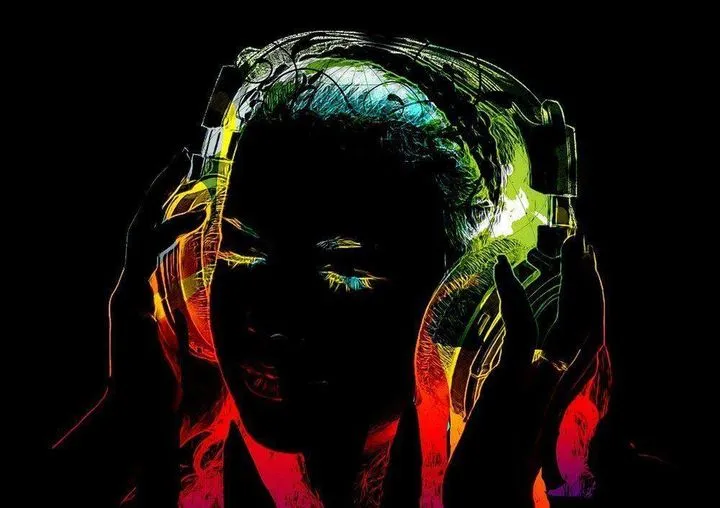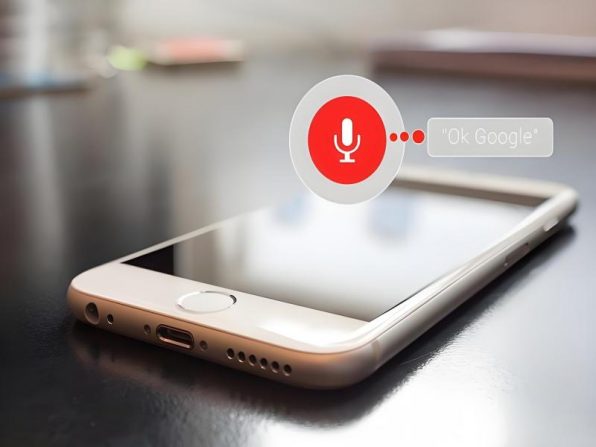- Sync Project, Moodify, and AIVA are using AI to craft personalized music experiences, decoding emotions and enhancing well-being.
- Sync Project analyzes physiological data, Moodify tailors playlists to emotional states, and AIVA creates emotionally resonant soundscapes for a unique therapeutic impact.
- AI is helping to reshape music therapy, making it more accessible, personalized, and emotionally attuned to individual needs.
The use of Artificial Intelligence (AI) in healthcare is well documented, from MRI analysis to cancer detection and prognosis. But it is also being used in alternative methods of healthcare for example in music therapy, offering personalized treatment through emotion recognition, tailored therapy plans, and innovative technologies like virtual reality.
This marriage, between AI and music therapy, opens new doors to personalized and technologically infused approaches. From emotion recognition to customized therapy plans, AI could have a transformative impact on the field. However, amidst the promises lie challenges and ethical dilemmas that demand our attention.
Pieces of music aren’t just pieces of sound; they’re because some human being thought something was important to communicate and express.
Tod Machover, composer and co-founder of New Harmony Line.
AI applications in music therapy
Delving into the realm of AI’s integration into music therapy reveals a rich and intricate landscape. Particularly noteworthy is the integral role played by emotion recognition technologies in reshaping therapeutic interventions. These advanced technologies stand as pivotal tools, deciphering individual emotional states with precision. The intricate process involved enables a profound level of customization in music therapy, where interventions are meticulously tailored to synchronize with the distinctive emotional landscapes of each individual.
Emotion recognition technologies serve as the bridge between the realms of technology and human emotions. By decoding the intricate tapestry of emotional nuances, AI facilitates a more profound understanding of an individual’s emotional well-being. This understanding becomes the cornerstone for tailoring music therapy interventions, ensuring that the chosen musical experiences resonate harmoniously with the unique emotional needs and responses of each person.
The nuanced terrain within the application of AI in music therapy extends beyond mere technological integration. It represents a transformative approach that acknowledges the individuality of emotional experiences, recognizing that a one-size-fits-all model may not be conducive to optimal therapeutic outcomes. As emotion recognition technologies continue to evolve, the potential for creating deeply personalized and resonant music therapy experiences becomes increasingly promising, fostering a harmonious convergence between technology and the intricacies of human emotion.
Also read: Google and universal music partner up to licence AI-generated song voices
Ownership controversies and ethical concerns
The discourse on the ownership of AI-generated music has become a central and pressing concern in contemporary discussions. At the core of this debate lies the autonomous ability of AI to extract and synthesize music from vast databases, sparking contentious disputes over the rightful ownership of compositions originating from AI systems. This controversy delves deep into the complex ethical quandaries that arise from the unauthorized utilization of artists’ creations for the training of AI systems.
The ethical dimensions surrounding this issue extend beyond the legal realm, raising questions about the ethical responsibilities of those developing and deploying AI technologies. As AI autonomously generates music, the traditional notions of artistic authorship become blurred, introducing a novel set of challenges in defining intellectual property and artistic ownership.
The heart of the matter lies in the potential exploitation of artists’ work without explicit consent for the advancement of AI capabilities. This scenario prompts reflections on the ethical implications of using existing artistic creations as fodder for AI training, raising concerns about the commodification of artistic expression and the need for ethical guidelines in AI development.
As the debate unfolds, it underscores the necessity for a robust framework that not only addresses legal ownership but also encompasses ethical considerations. Balancing innovation with ethical responsibility becomes imperative to navigate the intricate landscape of AI-generated content, ensuring that the potential benefits are realized without compromising the integrity and rights of artists whose creations contribute to the development of AI systems.
Traditional music therapy challenges
Traditional music therapy encounters multifaceted challenges that can impede its accessibility and effectiveness. One prominent obstacle is the psychological barrier of individuals lacking confidence in their own creativity. Many potential beneficiaries of music therapy may refrain from actively participating due to self-doubt or the belief that musical expression requires innate talent.
Financial barriers pose another significant challenge. The traditional model of in-person therapy sessions often comes with considerable costs, making it financially burdensome for individuals seeking therapeutic interventions. This economic barrier becomes a deterrent, limiting the accessibility of traditional music therapy to a select demographic and hindering its potential to reach a broader population in need.
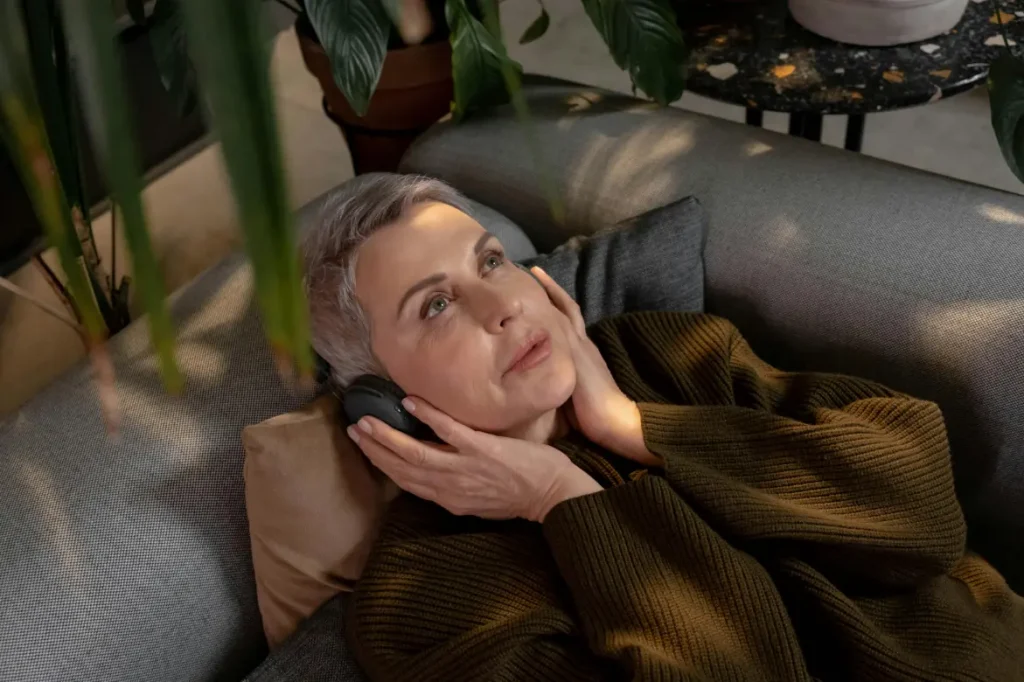
Furthermore, the prerequisite of a musical background becomes a limiting factor for many individuals. Those without prior musical experience may feel excluded or hesitant to engage in traditional music therapy sessions. This exclusionary aspect not only narrows the reach of therapy but also overlooks the therapeutic potential of music for those without formal musical training.
The cumulative effect of these challenges is a potential disconnection between traditional music therapy and a broader audience. The high costs, perceived need for pre-existing musical skills, and self-confidence issues collectively contribute to a less inclusive therapeutic environment. Addressing these challenges is essential to democratize access to the benefits of music therapy, making it a more universally applicable and effective modality for promoting mental health and well-being.
AI addressing traditional challenges
AI music therapy emerges as a powerful contender by addressing traditional challenges of personalization, cost, and lack of proactive therapy. With its ability to offer fully customized experiences based on individual circumstances and preferences, AI proves user-friendly and cost-effective, making it a compelling competitor in the market.
One significant challenge AI introduces is the issue of copyright in the music industry. As AI replicates sounds, legal complexities arise, especially when musicians are no longer active. The concern extends to using AI to recreate an artist’s voice without consent, potentially leading to the inadvertent release of unreleased music or manipulating public figures for ulterior motives.
While AI poses challenges, it is crucial to emphasize responsible use. Ensuring that AI serves humanity rather than exploits it is paramount. Ethical considerations must guide the development and deployment of AI in music therapy to prevent unintended consequences and protect the rights of artists.
Pop quiz
What are some challenges faced by traditional music therapy, as mentioned in the article?
A. Lack of confidence in creativity
B. High costs associated with therapy sessions
C. Necessity for a musical background
D. All of the above
The answer is in the bottom of the article
Harmonizing well-being: AI innovations in personalized music therapy
In the ever-evolving landscape of healthcare, pioneering projects and companies are harnessing the power of Artificial Intelligence (AI) to revolutionize music therapy. Let’s delve into three notable examples shaping the intersection of AI and the healing art of music.
Sync project: Decoding emotions through music
At the forefront of AI-driven music therapy research stands Sync Project. This ambitious project aims to leverage AI to understand how music influences emotions and health. By meticulously analyzing the elements of music and individual physiological data, Sync Project endeavors to provide tailored music experiences. Imagine a scenario where a person’s emotional responses are decoded, and a personalized playlist is curated to promote relaxation and emotional balance. Sync Project exemplifies the potential of AI in creating music therapy that resonates with individual needs, fostering a harmonious connection between technology and well-being.
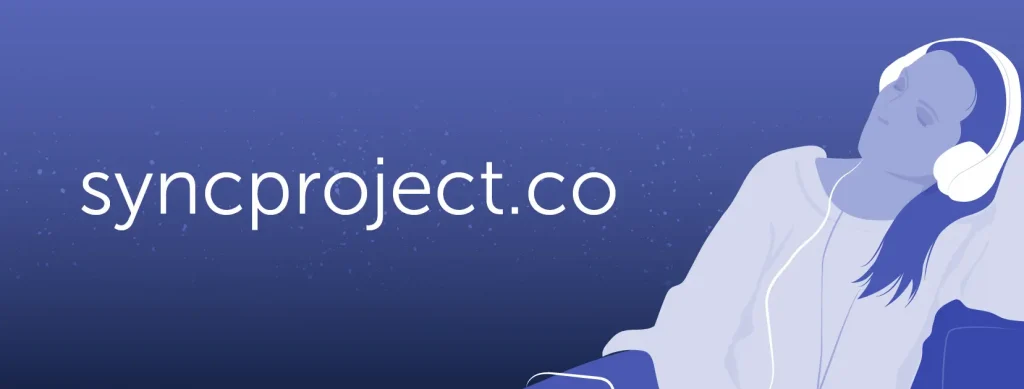
Moodify: Crafting emotional resonance in playlists
Moodify, a dedicated company in the AI and music therapy space, takes a personalized approach to enhance emotional well-being through music. Their platform operates by utilizing AI to understand users’ emotional states and preferences, generating individualized music playlists. Picture a user expressing a specific emotional need – Moodify responds by crafting a playlist that caters to those emotional nuances. The goal is clear: to elevate users’ emotional health by delivering music tailored to their unique emotional landscapes. Moodify stands as a testament to how AI can be harnessed to curate musical experiences that resonate deeply with users on an emotional level.
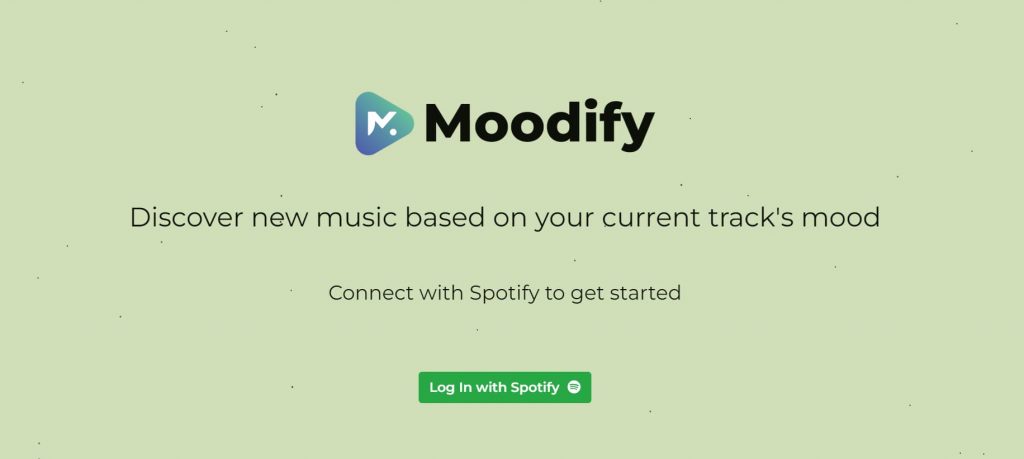
AIVA (Artificial Intelligence Virtual Artist): Crafting emotional soundscapes
Originally designed as an AI tool for music composition, AIVA has transcended its initial purpose. This AI virtual artist has the capability to generate emotionally resonant music. While its roots lie in music creation, similar technologies find application in the realm of music therapy. Imagine a therapy session where AI analyzes an individual’s emotional state in real-time and generates music that serves as a therapeutic companion. AIVA showcases the adaptability of AI technology, offering the potential to create music that aligns seamlessly with the emotional needs of individuals seeking therapeutic interventions.
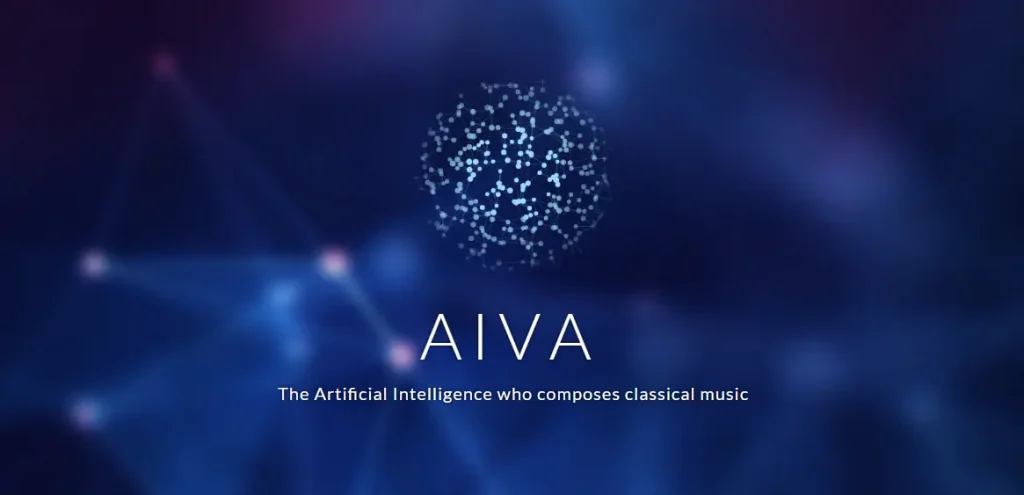
Harmony in diversity: The impact of AI in music therapy
These examples illustrate the breadth of AI’s impact on music therapy, from research-driven projects like Sync Project to companies like Moodify providing personalized emotional resonance. AIVA, originally an AI composer, expands the horizon by showcasing the adaptability of AI technology in crafting emotional soundscapes for therapeutic purposes. As the symphony of technology and well-being continues to evolve, these innovations pave the way for a future where personalized, emotionally resonant music therapy is accessible to all.
In this harmonious convergence of technology and the healing power of music, AI emerges as a powerful ally, promising a more personalized, accessible, and emotionally attuned approach to music therapy. The potential benefits are vast, signaling a transformative era where the therapeutic resonance of music is finely tuned to the unique needs of each individual.
In the grand symphony of AI and music therapy, challenges harmonize with opportunities. As technology evolves, the delicate balance between innovation and ethical responsibility must be maintained. If wielded responsibly, AI has the potential to become a powerful ally in promoting mental health and making therapeutic interventions more accessible to a broader audience. The fusion of technology and the healing power of music can create a harmonious future where both challenges and opportunities are embraced in pursuit of a more compassionate and inclusive approach to well-being.
The answer to the quiz is D, all of the above.
